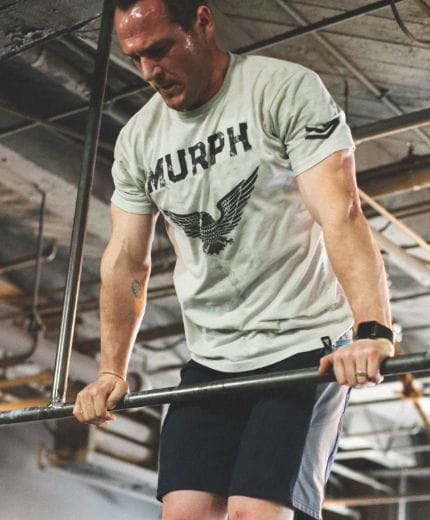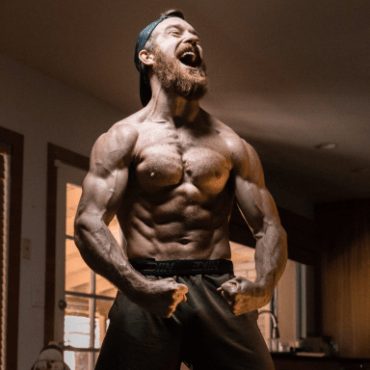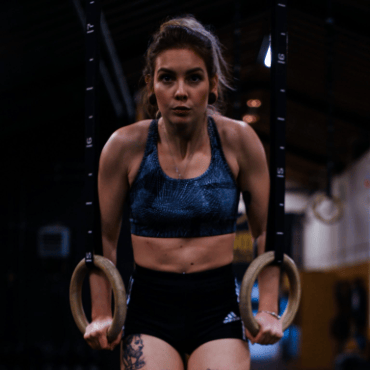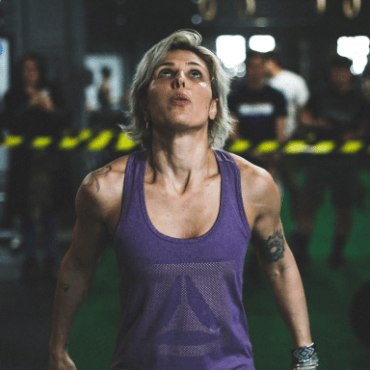What are some of the most important muscles that people often forget to train? Hint: They’re usually muscles you can’t see right away when you look in the mirror.
In the gym world, it’s very common to prioritize the most visible muscles—usually those in the chest and arms.
In fact, some people train certain muscles so much that they actually alter their posture or develop imbalances that cause pain. An extreme example is someone who does bench press every single day but can’t raise their arms overhead without pain.
If you’re interested in general fitness, overall health, weight loss, body-fat reductions, and improved function, it’s best to train your entire body. Here are a few of the muscle groups people often neglect and why you should train them.
The Back
When you look in the mirror, your arms and chest are prominent. But the muscles on the back of the upper body shouldn’t be neglected. They include the latissimus dorsi, rhomboid, and trapezius, along with many other smaller muscles—like the four important ones that make up the rotator cuff.
These muscles all do important work. For example, they’re involved in pulling movements. If you needed to hold a dog back to keep it out of traffic, you’d use your back muscles. They’d do a lot of work if you took a box out of the trunk of your car, too.
The muscles of the back also balance the muscles on the front of the body. Imagine if your chest muscles were huge and you never trained all the important stabilizing muscles in your back. Then imagine you sat hunched over and worked on a screen all day. You can guess what might happen to your posture. Strong muscles on the back side of the body do a lot for posture (see below).
By training the back with pull-ups, pull-downs, rowing, deadlifts, shoulder rotations, and other movements, you’ll develop strong muscles that balance those you see instantly when you look in the mirror.
The Core
When people think of “core muscles,” they often think of rippling abdominals. And those are indeed core muscles—the rectus abdominis is responsible for the “six-pack stomach” many people desire. But there are more core muscles, including the transverse abdominis, multifidus, quadratus lumborum, spinal erectors, and more.
The core muscles are essential in transferring force. Imagine trying to pick up a heavy bag of groceries. To do so, the force from your legs has to reach the handles in your hand, and it must go through the core. The stronger your core is, the more force it will transfer.
Core muscles also protect your spine: They hold their position to ensure the spine doesn’t move under load, which can cause injury. These muscles are also essential for bending, flexing, and extending movements. For example, thoracic extension is important for great posture, and it’s the spinal erectors that do a lot of the work to help you “stand tall.”
By training your entire core—not just the “beach muscles”—you’ll be more powerful, you’ll have better posture, and you’ll be less likely to injure yourself.
The Glutes
While some people focus on strong, shapely glutes. Many of us just sit on these very important muscles.
Strong glutes help you walk and run better, and they keep the pelvis in the correct alignment. They’re also essential for lifting, and they’ll serve you very well in any sport. For example, hockey players often have strong glutes that help them make fast, powerful strides on the ice.
Just like the other muscles I mentioned, strong glutes can improve your posture and reduce the likelihood of injury and pain, too.
We Can Help!
How do you train these muscles to get all the benefits listed above? Work with a coach who can put together a full-body training program that’s designed to help you accomplish your exact goals.




